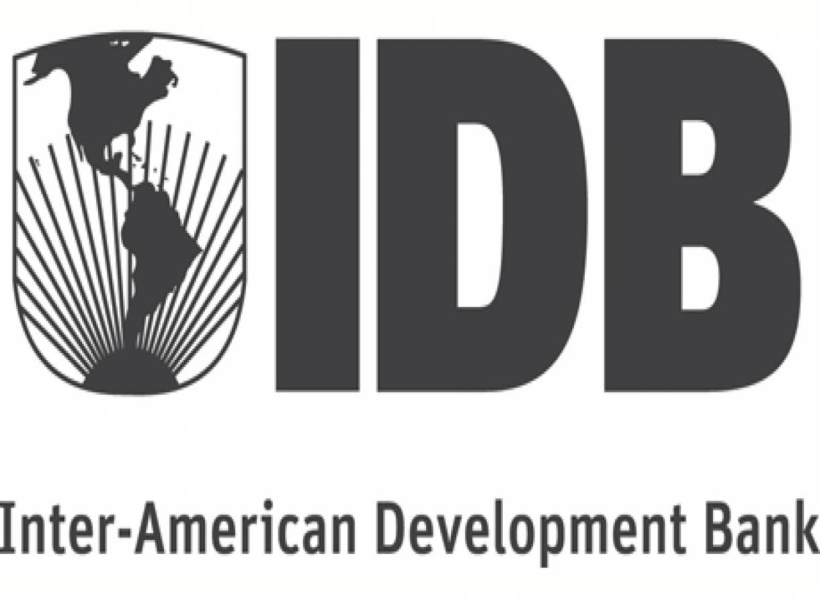Guyana is set to transform its energy governance with help from the Inter-American Development Bank (IDB). This will translate to an US$11.64 M loan which will prepare Guyana to transition towards becoming a major oil and gas producing State.
This project, according to information released by the IDB today, is designed to support the strengthening and sustainability of the energy sector in Guyana by contributing to the institutional development of oil and gas governance and the development of cleaner energy sources for electricity generation.
The specific objectives of this loan programme, the IDB has outlined, are first to develop a management and planning framework for Guyana’s oil and gas sector and second, to contribute towards the development of a policy framework so that Guyana may diversify its electricity generation matrix using cleaner or renewable sources.
Guyana’s new energy scenario, which will likely yield significant revenues for the government, represents a transformative shift in Guyana’s development trajectory, the IDB has underscored, adding, “It embodies a crucial and unprecedented opportunity for economic growth and sustainable development.”
According to IDB too, the conversion of short-term oil wealth into long-term, well-being hinges on the capacity of the Guyanese Government to adequately manage this new sector and enact productivity-enhancing reforms. If handled well, it can boost the overall standard of living for the country, the IDB has noted.
However, there is considerable work to be done so that Guyana can enjoy the benefits of its recent – and potential – oil and gas wealth. But IDB has observed that “Too often resource-rich countries have become or remained poor as a result of inadequate resource management. Hence, there is an urgent need to improve the governance of Guyana’s oil and gas sector ahead of the start of production in 2020.”
The agreed-upon policy commitments of the first tranche of the programme will include: (1) creation of the Department of Energy (DE) within the Ministry of the Presidency to take over responsibilities related to the governance and development of Guyana’s oil and gas sector; (2) approval by the DE of a draft roadmap to develop Guyana’s oil and gas institutional framework, and; (3) design of a model contract for future Production Sharing Agreements (PSA) by the DE and presented to Guyana’s Ministry of the Presidency.
The agreed-upon policy commitments for the second tranche are: (1) a DE functions manual establishing its organizational structure, budget and staff allocation, approved by the Ministry of the Presidency; (2) a PSA set of protocols and mechanisms for contract management; and (3) an oil and gas depletion policy designed by the DE and presented for approval to the Ministry of the Presidency.
Finally, the programme will aid Guyana’s Government with the development of a policy framework to diversify and promote the sustainability of Guyana’s electricity generation matrix.
The loan will be funded in two components totalling US$11.64 million. The first component will total US$5.82 million from the IDB’s Ordinary Capital, disburse within two years, with a grace period of 5.5 years, and an interest rate based on LIBOR. LIBOR is a benchmark rate that represents the interest rate at which banks offer to lend funds to one another in the international interbank market for short-term loans.
The second component will total US$5.82 million from the IDB’s Concessional Ordinary Capital, disburse within two years, with a grace period of 40 years, and 0.25 percent interest rate. The executing agency will be Guyana’s Ministry of Finance (MoF).














Hi, this weekend is nice for me, because this point in time i am reading this fantastic educational piece of writing here at my residence.
viagra pill